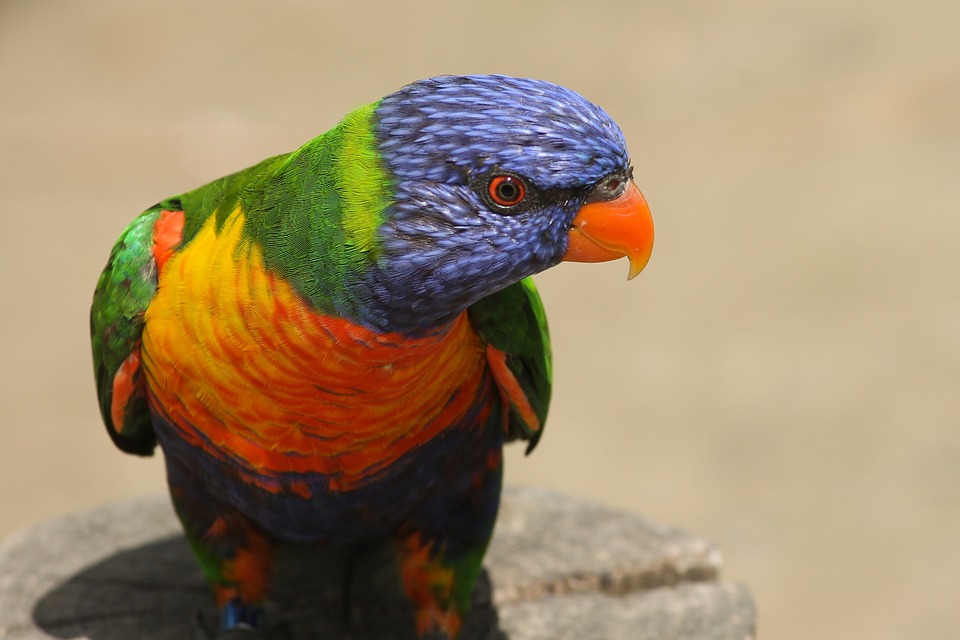Parrots are highly intelligent and social creatures that require mental stimulation and physical activity to thrive. Behavior enrichment is essential for their overall well-being. In this article, we explored the importance of behavior enrichment for parrots and provided practical tips on how to implement it effectively.
One of the main reasons behavior enrichment is important for parrots is mental stimulation. Parrots have innate intelligence that necessitates mental challenges to prevent boredom and frustration. Lack of mental stimulation can lead to behavioral issues such as feather plucking, aggression, and self-destructive tendencies.
Physical exercise is also crucial for parrots. They are active birds that require regular physical activity to maintain their physical health. Insufficient exercise can lead to obesity, muscle atrophy, and other related health problems.
Additionally, behavior enrichment activities contribute to the emotional well-being of parrots. Parrots are highly social animals that thrive on interaction and companionship. Behavior enrichment provides opportunities for socialization, preventing feelings of loneliness and depression.
There are different types of behavior enrichment for parrots. Environmental enrichment involves providing a stimulating and natural environment for parrots to explore. This can include perches, toys, and safe chewing materials. Offering a variety of textures, colors, and shapes in their surroundings stimulates their senses.
Foraging opportunities are also important for parrots. Encouraging parrots to forage for their food mimics their natural behavior in the wild. This can be done by utilizing foraging toys or hiding food in different locations to engage their problem-solving skills.
Training and social interaction are also crucial forms of behavior enrichment for parrots. Engaging in positive reinforcement training sessions mentally stimulates parrots and strengthens the bond between them and their caregivers. Allowing parrots to interact with other compatible parrots or even other pets under controlled circumstances also provides socialization opportunities.
Some frequently asked questions about behavior enrichment for parrots include how often toys should be changed in a parrot’s cage, whether behavior enrichment activities can help reduce excessive vocalization in parrots, how to ensure the safety of behavior enrichment toys, and what to do if a parrot seems uninterested in the activities provided. It is recommended to rotate and introduce new toys on a regular basis to keep parrots engaged. Behavior enrichment activities can help alleviate excessive vocalization by distracting and redirecting their attention. To ensure toy safety, always choose toys made specifically for parrots and regularly inspect them for wear and tear. If a parrot seems uninterested, experiment with different activities and consult with an avian behaviorist for guidance if needed.
In conclusion, behavior enrichment plays a vital role in the overall well-being and happiness of parrots. By providing mental stimulation, physical exercise, and social interaction, we can prevent behavioral issues and promote a fulfilling life for these intelligent birds. Implementing a variety of enrichment activities, while considering their safety and preferences, is key to ensuring a thriving parrot companion.









